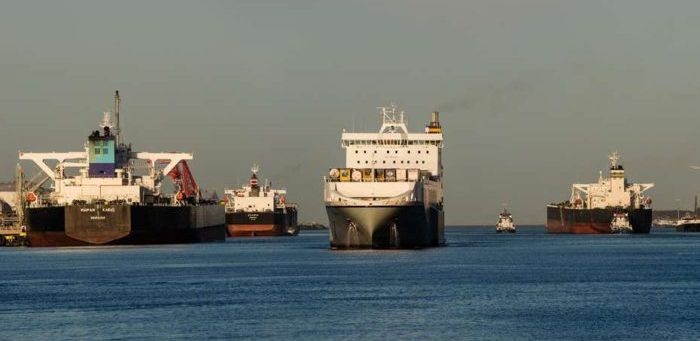Draft rules designed to boost the efficiency and cut the cost of services supplied at EU maritime ports, such as mooring and towage, were voted by Parliament. Ensuring transparency in the setting of fees for using port services and infrastructure, and in any public funding that ports receive, should help to prevent price abuse and market distortions and thus boost trade, MEPs say. But current port service arrangements could remain, provided they meet minimum requirements, they add.
The EU Commission’s initial proposal would have made free market access the general principle for the supply of port services, but MEPs insist that “a single system is not be appropriate, as the EU port system includes many different models for the organisation of port services”. They amended the proposal so that “existing port management models established at national level can be maintained.”
“We have been able to dismiss the forced free market access to port services. Especially for safety and security concerns, ports must be able to decide on the organisation of port services”, said rapporteur Knut Fleckenstein (S&D, DE). “For the first time in the course of the long discussions on the port package, we have the ports, the terminal operators and the unions on board”, he added.
Setting minimum requirements for port service suppliers
Instead MEPs advocate laying down common rules for member states and port managers wishing to limit the number of service providers, to set minimum requirements for them or to provide services themselves, as an “internal operator”.
Ports’ minimum requirements for service suppliers should be limited to proving professional qualifications, but they should also meet maritime safety and environmental needs and national social standards, MEPs say. The list of “justified cases” in which freedom to supply services may be restricted should include “scarcity of waterside space”, port traffic characteristics and the need to provide “safe, secure or environmentally sustainable port operations”, they add.
Transparency of public funding and fees for using port infrastructure and services
Public funds must appear transparently in ports’ accounts, and separate accounts should be kept for publicly-funded activity or investment and other activities, MEPs say.
To prevent price abuse in the absence of market mechanisms, arrangements should be made to ensure that fees are “not disproportionate” to the economic value of the services provided and are set in a transparent and non-discriminatory way, say MEPs. Port infrastructure charges should be set “in accordance with the port’s own commercial and investment strategy”, they add.
EU member states should designate one or more independent bodies to handle complaints.
Staff training and working conditions
The draft rules would not affect the application of EU member states’ social and labour rules. Staff must be granted working conditions on the basis of binding national, regional or local social standards and member states must ensure that relevant training is provided for every worker in the port sector, MEPs add.
Next steps
MEPs approved the amendments to the draft regulation and mandated the EP negotiators to start negotiations with the Council on the final wording of the text based on the amendments passed.
Source: European Parliament News

































































